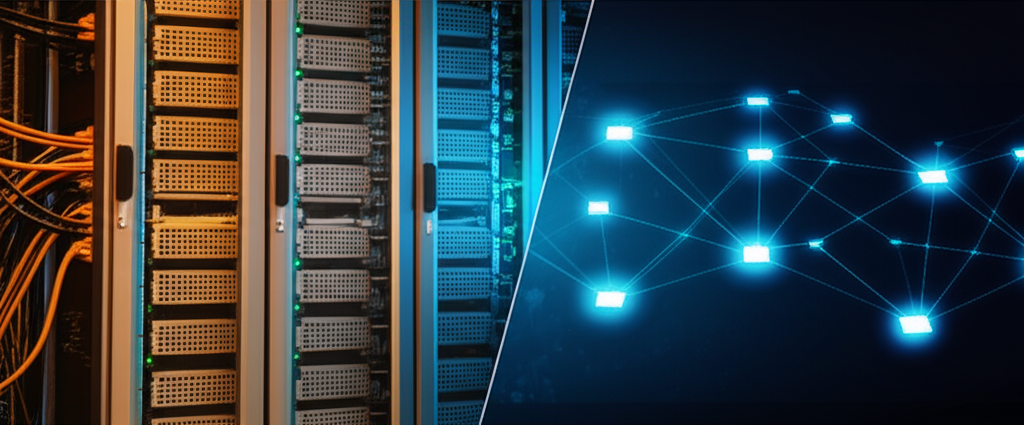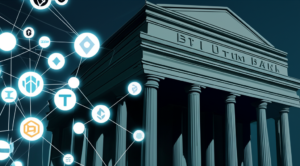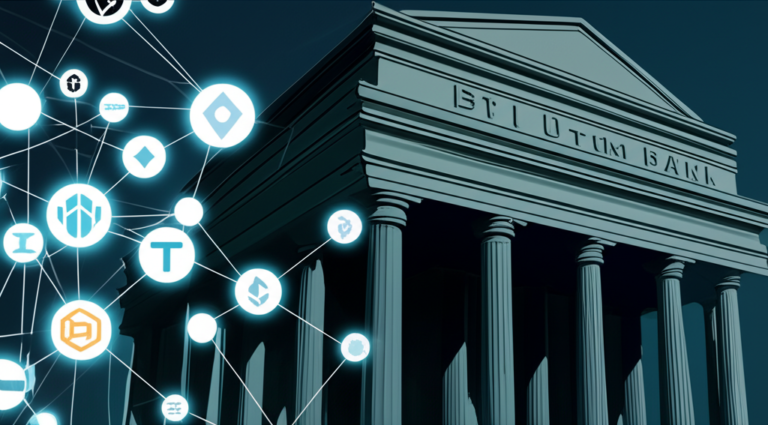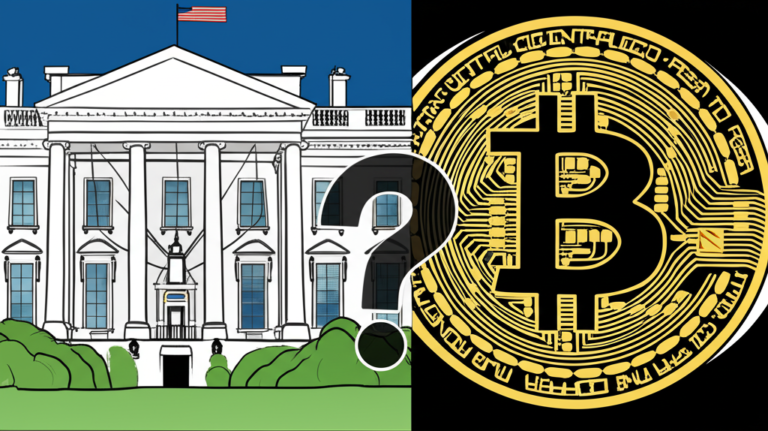Decentralization’s Urgent Call: How Centralized Systems Threaten Your Data Privacy
The digital world, built on the foundations of convenience and interconnectedness, is increasingly facing a critical challenge: the erosion of data privacy due to over-reliance on centralized systems. A recent report highlights the growing vulnerability inherent in this model, emphasizing the urgent need for decentralized solutions. The concerns are amplified by recent developments, particularly the IRS’s proposed “mega API,” which raises significant questions about data security and accountability.
The Centralized Cloud: A Privacy Pandora’s Box?
Centralized cloud services, while offering undeniable benefits in terms of scalability and accessibility, present a significant single point of failure for data privacy. A single breach can compromise the data of millions, as numerous high-profile incidents have demonstrated in recent years. The concentration of vast amounts of personal information in the hands of a few powerful corporations leaves users vulnerable to both accidental leaks and malicious attacks. Further compounding the problem is the lack of transparency surrounding data handling practices. Users often lack control over their own data, leaving them at the mercy of the platform’s policies and security measures.
The IRS’s “Mega API” and the Privacy Fallout
The IRS’s proposed “mega API,” intended to streamline tax data sharing, has ignited fierce debate surrounding data privacy. Critics argue that consolidating such sensitive financial information into a single, centralized system creates an irresistible target for hackers and opens the door to potential government overreach. While proponents cite efficiency gains, the potential risks to individual privacy outweigh the benefits, especially given the absence of robust safeguards against misuse or unauthorized access. The lack of a clear and comprehensive data protection strategy further exacerbates concerns. We’ve seen reports suggesting that even the most secure systems are susceptible to breaches (e.g. the recent SolarWinds attack), highlighting the inherent risks associated with centralized models.
Decentralization: A Path Towards Enhanced Privacy
Decentralized technologies, such as blockchain and distributed ledger systems, offer a compelling alternative. By distributing data across a network, these technologies eliminate the single point of failure that plagues centralized systems. Blockchain’s inherent transparency and immutability can also enhance accountability and improve auditability of data usage. While still in its nascent stages, this technology holds significant potential for safeguarding personal information in a fundamentally different manner.

Exploring Decentralized Alternatives
Several projects are actively exploring the application of decentralized technologies to data privacy. We are seeing the emergence of decentralized identity management systems, data storage solutions, and secure communication platforms. These initiatives aim to empower users with greater control over their own data, promoting transparency and reducing vulnerability to centralized breaches. The adoption rate, however, remains a challenge.
The Future of Data Privacy: A Decentralized Approach?
The centralization crisis is not merely a technological challenge; it’s a societal one. It necessitates a fundamental re-evaluation of how we manage and protect sensitive information. Decentralized technologies, while facing their own set of challenges, offer a promising path towards enhanced data privacy and user control. A shift towards a more decentralized ecosystem is crucial to securing a future where individuals’ data rights are truly protected.
Key takeaways:
- Centralized systems, such as cloud services and the proposed IRS “mega API,” are vulnerable to data breaches and misuse.
- Decentralized technologies offer a potential solution by distributing data and enhancing transparency.
- The adoption of decentralized solutions is crucial for a more secure and privacy-respecting digital future.
- Increased public awareness and regulatory oversight are necessary to drive the adoption of these technologies.










